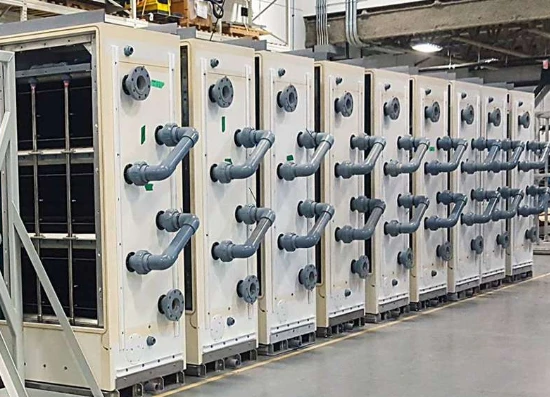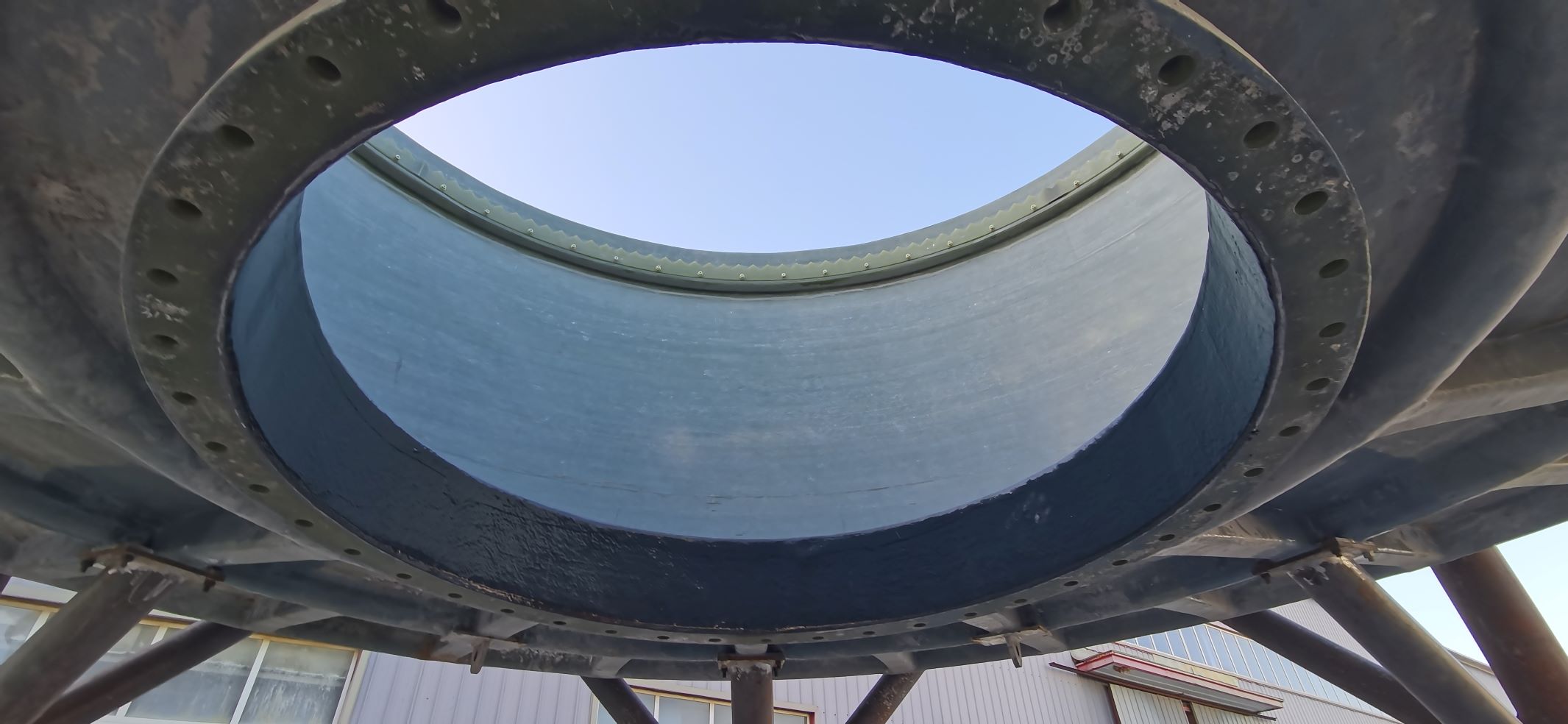
-
 Afrikaans
Afrikaans -
 Albanian
Albanian -
 Amharic
Amharic -
 Arabic
Arabic -
 Armenian
Armenian -
 Azerbaijani
Azerbaijani -
 Basque
Basque -
 Belarusian
Belarusian -
 Bengali
Bengali -
 Bosnian
Bosnian -
 Bulgarian
Bulgarian -
 Catalan
Catalan -
 Cebuano
Cebuano -
 China
China -
 China (Taiwan)
China (Taiwan) -
 Corsican
Corsican -
 Croatian
Croatian -
 Czech
Czech -
 Danish
Danish -
 Dutch
Dutch -
 English
English -
 Esperanto
Esperanto -
 Estonian
Estonian -
 Finnish
Finnish -
 French
French -
 Frisian
Frisian -
 Galician
Galician -
 Georgian
Georgian -
 German
German -
 Greek
Greek -
 Gujarati
Gujarati -
 Haitian Creole
Haitian Creole -
 hausa
hausa -
 hawaiian
hawaiian -
 Hebrew
Hebrew -
 Hindi
Hindi -
 Miao
Miao -
 Hungarian
Hungarian -
 Icelandic
Icelandic -
 igbo
igbo -
 Indonesian
Indonesian -
 irish
irish -
 Italian
Italian -
 Japanese
Japanese -
 Javanese
Javanese -
 Kannada
Kannada -
 kazakh
kazakh -
 Khmer
Khmer -
 Rwandese
Rwandese -
 Korean
Korean -
 Kurdish
Kurdish -
 Kyrgyz
Kyrgyz -
 Lao
Lao -
 Latin
Latin -
 Latvian
Latvian -
 Lithuanian
Lithuanian -
 Luxembourgish
Luxembourgish -
 Macedonian
Macedonian -
 Malgashi
Malgashi -
 Malay
Malay -
 Malayalam
Malayalam -
 Maltese
Maltese -
 Maori
Maori -
 Marathi
Marathi -
 Mongolian
Mongolian -
 Myanmar
Myanmar -
 Nepali
Nepali -
 Norwegian
Norwegian -
 Norwegian
Norwegian -
 Occitan
Occitan -
 Pashto
Pashto -
 Persian
Persian -
 Polish
Polish -
 Portuguese
Portuguese -
 Punjabi
Punjabi -
 Romanian
Romanian -
 Russian
Russian -
 Samoan
Samoan -
 Scottish Gaelic
Scottish Gaelic -
 Serbian
Serbian -
 Sesotho
Sesotho -
 Shona
Shona -
 Sindhi
Sindhi -
 Sinhala
Sinhala -
 Slovak
Slovak -
 Slovenian
Slovenian -
 Somali
Somali -
 Spanish
Spanish -
 Sundanese
Sundanese -
 Swahili
Swahili -
 Swedish
Swedish -
 Tagalog
Tagalog -
 Tajik
Tajik -
 Tamil
Tamil -
 Tatar
Tatar -
 Telugu
Telugu -
 Thai
Thai -
 Turkish
Turkish -
 Turkmen
Turkmen -
 Ukrainian
Ukrainian -
 Urdu
Urdu -
 Uighur
Uighur -
 Uzbek
Uzbek -
 Vietnamese
Vietnamese -
 Welsh
Welsh -
 Bantu
Bantu -
 Yiddish
Yiddish -
 Yoruba
Yoruba -
 Zulu
Zulu
जनवरी . 31, 2025 02:22
Back to list
fiberglass winding machine
Fiberglass winding machines, often considered the backbone of modern composite production, are essential for industries requiring high-strength, lightweight components. These sophisticated machines revolutionize fabrication processes, delivering unparalleled precision and efficiency. As industries like aerospace, automotive, and construction increasingly turn to composites to innovate and enhance performance, understanding these machines' capabilities becomes crucial for any company aiming to stay competitive.
Trustworthiness is a cornerstone of the fiberglass winding machine industry, built on a foundation of engineering excellence and robust reliability. Reputable manufacturers conduct exhaustive testing to validate their machines' performance, subjecting them to rigorous stress tests to guarantee durability and precision. Moreover, they provide comprehensive training and support services, equipping operators with the necessary skills to maximize machine efficacy and product quality. For businesses considering an investment in fiberglass winding technology, evaluating key machine attributes such as spindle speed, mandrel size capability, and automation level is paramount. Furthermore, partnering with manufacturers that emphasize user-friendly interfaces and offer customizable solutions can significantly enhance operational efficiency and output quality. Understanding the role of fiberglass winding machines in a broader production ecosystem is vital. They not only produce components with superior mechanical properties but also contribute to sustainable production practices by optimizing material usage and reducing waste. This aligns with the growing emphasis on environmental responsibility, reinforcing a company's position as a forward-thinking leader in its field. In conclusion, fiberglass winding machines exemplify technological sophistication and industrial utility, pivotal in fabricating high-performance composite materials. By leveraging this technology, businesses can achieve remarkable advancements in product quality and production efficiency, ultimately securing a competitive edge in a rapidly evolving marketplace. The integration of these machines into production lines not only enhances current capabilities but also paves the way for future innovations, establishing a foundation for sustained industrial progress.


Trustworthiness is a cornerstone of the fiberglass winding machine industry, built on a foundation of engineering excellence and robust reliability. Reputable manufacturers conduct exhaustive testing to validate their machines' performance, subjecting them to rigorous stress tests to guarantee durability and precision. Moreover, they provide comprehensive training and support services, equipping operators with the necessary skills to maximize machine efficacy and product quality. For businesses considering an investment in fiberglass winding technology, evaluating key machine attributes such as spindle speed, mandrel size capability, and automation level is paramount. Furthermore, partnering with manufacturers that emphasize user-friendly interfaces and offer customizable solutions can significantly enhance operational efficiency and output quality. Understanding the role of fiberglass winding machines in a broader production ecosystem is vital. They not only produce components with superior mechanical properties but also contribute to sustainable production practices by optimizing material usage and reducing waste. This aligns with the growing emphasis on environmental responsibility, reinforcing a company's position as a forward-thinking leader in its field. In conclusion, fiberglass winding machines exemplify technological sophistication and industrial utility, pivotal in fabricating high-performance composite materials. By leveraging this technology, businesses can achieve remarkable advancements in product quality and production efficiency, ultimately securing a competitive edge in a rapidly evolving marketplace. The integration of these machines into production lines not only enhances current capabilities but also paves the way for future innovations, establishing a foundation for sustained industrial progress.
Related Products
Latest news
-
Fiberglass 90 Degree Elbow for Custom Tanks & High Pressure Pipes Durable and Corrosion ResistantNewsJun.24,2025
-
Exploring the Benefits of Top Hammer Drifter Rods for Enhanced Drilling PerformanceNewsJun.10,2025
-
High-Precision Fiberglass Winding Machine for GRP/FRP Pipe Production – Reliable & Efficient SolutionsNewsJun.10,2025
-
FRP Pipes & Fittings for Shipbuilding - Corrosion-Resistant & LightweightNewsJun.09,2025
-
Premium FRP Flooring Solutions Durable & Slip-ResistantNewsJun.09,2025
-
Premium Fiberglass Rectangular Tanks Durable & Lightweight SolutionNewsJun.09,2025









